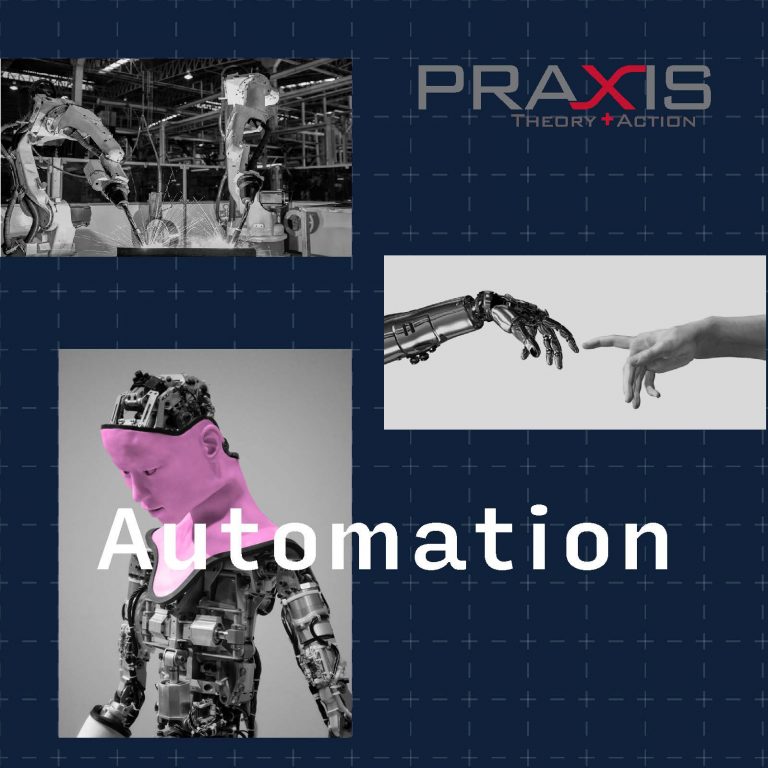
One of the national fast-food chains in the U.S. recently announced the replacement of cashiers in 2500 locations with digital ordering kiosks. This “Experience the Future” initiative will also deploy mobile ordering at 14,000 locations. AI experts predict that by 2027 truck drivers will be redundant, AI will surpass human capabilities in retail by 2031, best-sellers will be written by AI in 2049, and surgeons will be replaced by 2053. In the next 100 years, all human jobs will be replaced by automation.
These predictions are in contrast to today’s realities of automation: While low-level automation found wide adoption (see history of elevators, home thermostats), more complex systems used in professional contexts (e.g., flight management systems, mining) or in consumer products (e.g., home automation systems) either require extensive training for their operation, or are taken up only by small groups of early adopters. High complexity automation systems that are currently available, are even more challenging in terms of the parameters of their use, user training requirements and user adherence to the conditions of safe operation (e.g., Tesla’s autopilot that has likely caused a number of fatalities, or adaptive cruise control systems that have a level of complexity that makes them unpredictable for the driver). Many systems that are available today are at the edge of what is technologically possible, but often engineers do not consider what is socially desirable. Thus, while automation will reshape and restructure society, it is today that we will need to understand how to develop human-centered automation.
The goal of this praxis lab is to explore how automation may affect society, from a wide range of perspectives including, but not limited to the arts, humanities, social sciences, engineering, economics, policy, law and the sciences. After developing a basic understanding of the potential impact of automation, students will pursue a project on automation in contexts local to the Salt Lake Valley. While this will be a student-initiated project, possible projects can be on: user perspectives on building climate control automation, automated public service announcements, developing a city infrastructure for automated transportation, de-skilling after introduction of automation, etc.
Frank Drews, Ph.D.
Dr. Drews is a professor of Cognitive Psychology at the University Utah. He created their award-winning Human Factors Certificate program and served as its director for 15 years. He also served as the director of the Center for Human Factors in Patient Safety at the Salt Lake City VA hospital. Before joining the University of Utah, Dr. Drews received his Ph.D. in Cognitive Psychology from the Technical University of Berlin, Germany. His research has been funded by federal agencies like NIH, NSF, NASA, CDC, the VA and DARPA, as well as numerous industry sponsors. Dr. Drews publishes widely in psychology and human factors outlets as well as in area-specific journals like Risk Analysis, JAMA: Internal Medicine, and the American Journal of Infection Control.
When he is not working and weather permits, Dr. Drews likes to pilot unpowered aircraft like hang gliders, paragliders, and more recently sailplanes. Given the risks involved in flying these aircraft, his interest in safety is not only professional, but also very personal.

W Pratt Rogers, Ph.D.
Dr. Rogers is a mining professional with extensive business and research experience in socio-technical systems, automation, big data analysis, mining technology, and safety and health management systems. Dr. Rogers is currently an assistant professor at University of Utah’s Mining Engineering Department. His research interests concentrate on the reliability of data management systems in mining organizations and data management. Prior to starting at U of U, he was VP of Product Development at MISOM Technologies. Dr. Rogers earned his PhD from University of Arizona.
